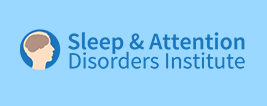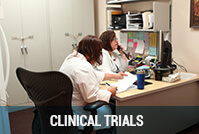Sleep Apnea caused train crash
Remember the New Jersey transit train crash in Hoboken, NJ recently? It appears the driver, Thomas Gallagher, fell asleep at the controls. After the accident, he has been diagnosed with Sleep Apnea. Sleep apnea is found in people who snore heavily. It may cause daytime sleepiness and increased risk of accidents. So, maybe sleep apnea caused train crash.
Sleep apnea is especially likely in older men who are obese and have large necks, although it also occurs frequently in older women, as well as in younger men. You are likely to have sleep apnea if you have any three of the following eight:
- Snoring heavily
- Tired or sleepy during the day
- Observed to have stopped breathing in sleep
- High Blood Pressure
- Obesity (Body Mass Index greater than 35)
- Age greater than 50 years
- Neck size greater than 16″
- Male
Sleep apnea also increases risk of high blood pressure, heart attacks, strokes and sudden death. It worsens diabetes and may cause atrial fibrillation. It has been linked to dementia. The best treatment is with CPAP (Continuous Positive Airway Pressure). With treatment, sleepiness gets better. Risk of heart attacks, strokes and sudden death improves. Diabetes control may improve. Treatment of atrial fibrillation may be more successful.
Diagnosis:
To diagnose sleep apnea, physicians board certified in Sleep Medicine may use sleep testing in the sleep lab (polysomnography). In limited instances, they may also use Home Sleep Apnea Testing (HSAT). Keep in mind that home sleep apnea testing can only be positive or inconclusive. There is no such thing as a negative home sleep apnea test. Home sleep apnea testing is not designed to rule out sleep apnea.
Treatment:
After diagnosis, the physician may bring you back into the sleep lab to find the right CPAP setting for you. Alternatively, APAP (auto-titrating positive airway pressure) may be used. This does not work as well, because at times the pressure gets too high and causes increased awakenings. At other times the pressure may not be high enough and may not control the sleep apnea. However, some patients do fine on APAP. If APAP does not work out for you, then a CPAP titration study in the sleep lab is best.
Although only 59% of patients at the average sleep center are able to use CPAP regularly, at our center 90% of patients are helped to use CPAP regularly.
Read news about Sleep Apnea caused train crash here.









